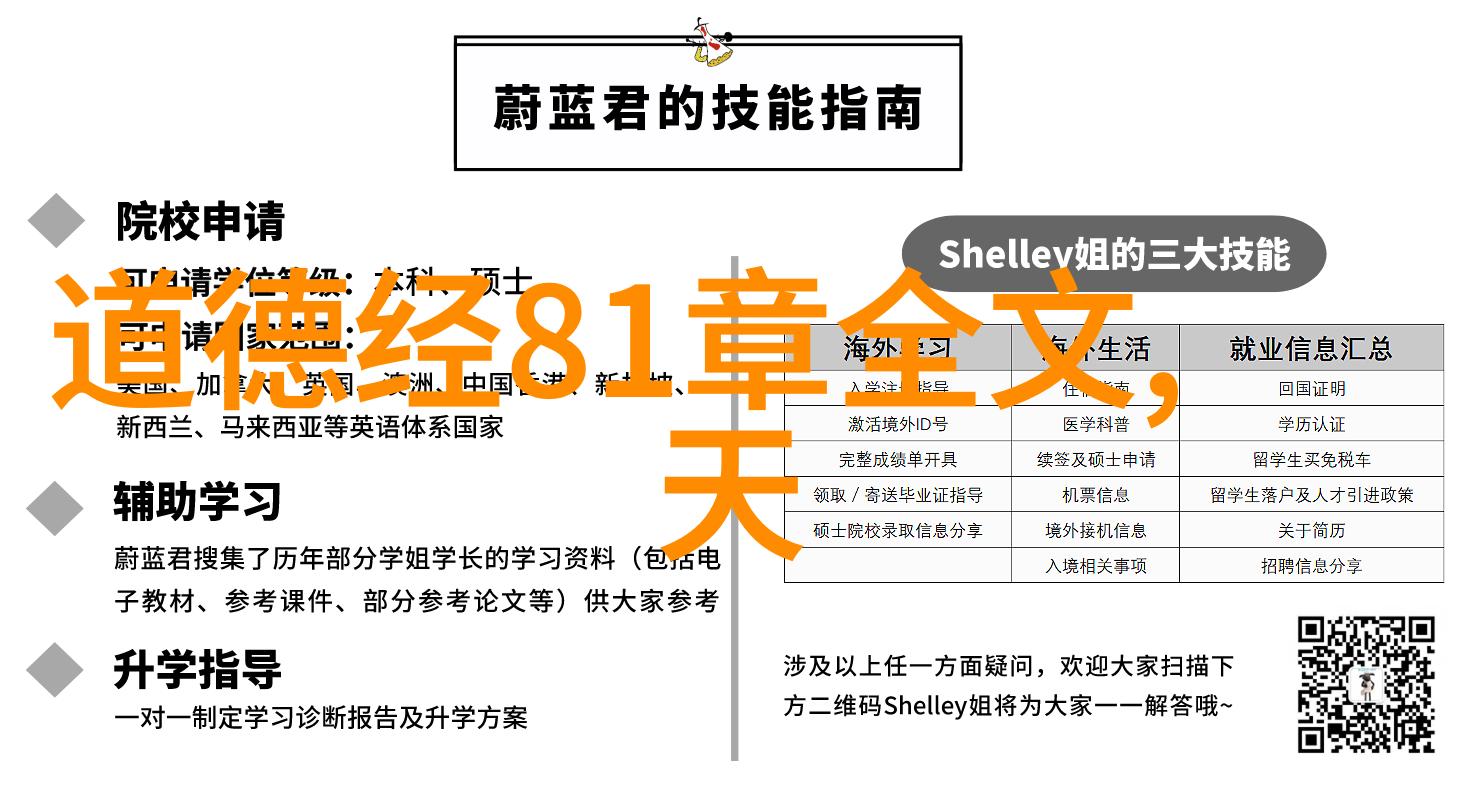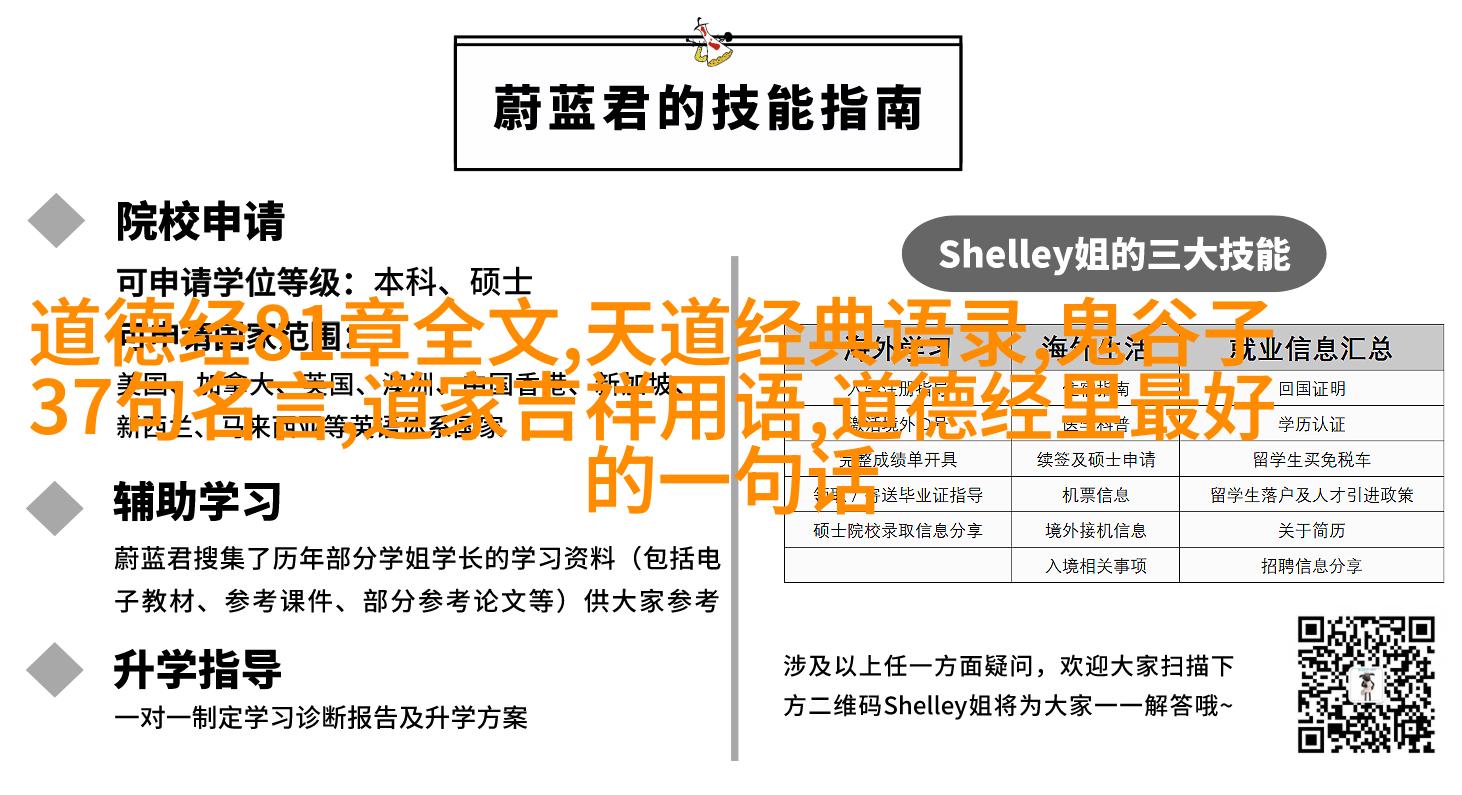在中国哲学史上,老子以其著作《道德经》留下了深远的影响。该作品不仅是儒家思想的重要组成部分,也对后世诸多哲学、文化和宗教产生了深刻的影响。《道德经》全文共包含81章,每一章都精炼地表达了一种生活态度或宇宙观念。在本文中,我们将详细介绍《道德经》的全文,并通过汉语拼音对每一句进行解释,从而使读者能够更直观地理解这部古籍。

引言
老子(约公元前6世纪—公元前5世纪)是中国历史上著名的思想家,其代表作《道德经》至今仍被广泛传颂。这部作品通过简洁明快的语言,提出了“无为而治”、“顺应自然”的哲学思想,对后来的儒家、法家等各类思想产生了重大影响。

内容概览
在以下节目中,我们将逐章阐述《道德经》的主要内容,并结合汉语拼音进行解读,以便于现代读者更好地理解和学习这一古代智慧。

第一章:天下之大制
天下百姓皆为刍狗。

The first chapter of the Tao Te Ching sets the tone for the rest of the book, introducing the idea that humans are insignificant in comparison to nature and that our actions should be guided by a sense of humility.
第二章:其次则知

其次则知,有仁义礼智六艺。
The second chapter continues this theme, highlighting the importance of cultivating virtues such as benevolence, righteousness, propriety, wisdom, and skill. These virtues are seen as essential for personal growth and social harmony.
第三章:又知几人伏
又知几人伏,我欲清夷,则夷王与我争。
In this chapter, Laozi emphasizes the importance of remaining humble and avoiding conflict with others. He suggests that true strength lies not in dominating others but in being at peace with oneself.
第四章:唯女子与雄鸡,
唯女子与雄鸡,不仁以万民为刍狗。
This chapter reinforces Laozi's message about non-action (wu wei) by using an analogy between women and roosters. Both are seen as gentle creatures who do not try to control or dominate others but rather live harmoniously within their own spheres.
这些只是我们探讨的一小部分,但它们展示了为什么人们从世界各地一直以来就被吸引到这个古老但永恒的话题。如果你想了解更多关于如何运用这些原则来改善你的生活,请继续阅读接下来几个节目中的相关内容。



